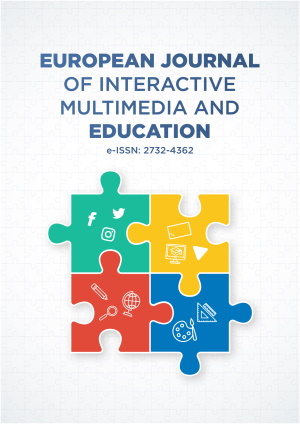Abstract
This study examined the relationship between flexibility of learning, support services and students’ attitude towards distance learning programme in Nigeria. Correlational research design was adopted and 385 participants constituted the sample of the study using a multi-stage sampling procedure. The instrument used for data collection was a researchers-designed questionnaire comprising of three sections. The questionnaire was validated by experts and administered once on the randomly selected sample to determine the internal consistency of the items. Cronbach Alpha formula yielded 0.74, 0.77 and 0.78 for the three different constructs of the questionnaire. Two research questions were raised and two corresponding null hypotheses were tested at 0.05 level of significance. Data gathered were analysed using Mean, Standard Deviation and Pearson Product Moment Correlation formula. The results obtained reveal a positive correlation between the flexibility of learning and students’ attitude towards distance learning programme (r=0.439, p<0.05). Also, there was a positive correlation between support services and students’ attitude towards distance learning programme (r=0.334, p<0.05). It was therefore recommended among others that providers of distance learning programmes should ensure high flexibility and quality learner support services in order to cater for academic needs of learners with different characteristics as these would enhance students’ positive attitude and improve the enrolment of candidates for distance learning programmes.
License
This is an open access article distributed under the Creative Commons Attribution License which permits unrestricted use, distribution, and reproduction in any medium, provided the original work is properly cited.
Article Type: Research Article
EUR J INTERACT MULTIMED ED, Volume 1, Issue 1, January 2020, Article No: e02003
https://doi.org/10.30935/ejimed/8320
Publication date: 06 Jun 2020
Article Views: 2705
Article Downloads: 2289
Open Access References How to cite this article
 Full Text (PDF)
Full Text (PDF)